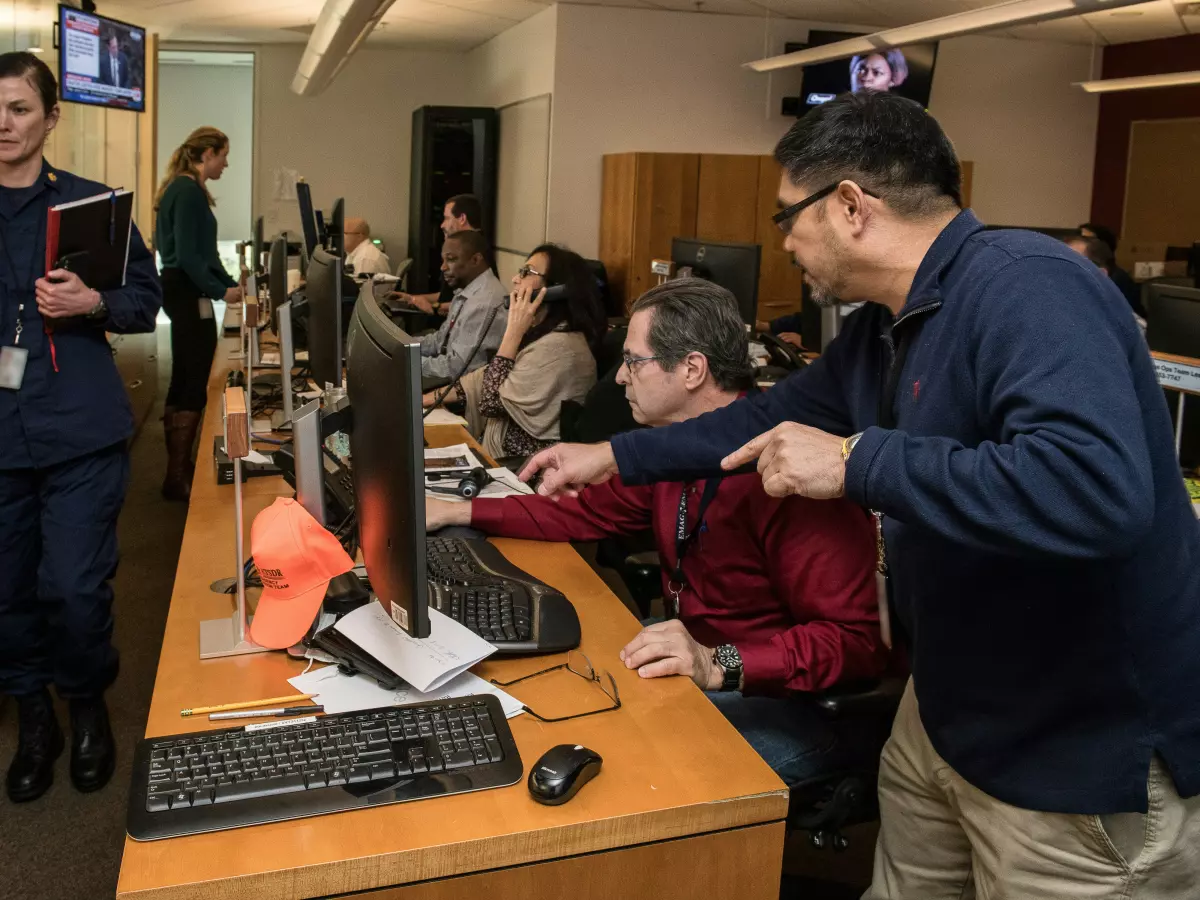AI's Ethical Dilemma
You know things are getting serious when even the robots are starting to argue about ethics.

By Kevin Lee
OpenAI, the company behind ChatGPT and other AI marvels, has found itself in the middle of a privacy storm. And no, it's not because their AI is plotting world domination (yet). Instead, it's their insatiable hunger for data that's raising eyebrows. Last month, OpenAI took a surprising stance against a proposed Californian law that aims to set basic safety standards for developers of large AI models. Wait, what? Isn't this the same company whose CEO, Sam Altman, has been waving the 'we need AI regulation' flag for a while now?
Well, yes. But apparently, when it comes to actually implementing those regulations, things get a bit... complicated. The proposed law, which hasn't even been enacted yet, is designed to ensure that AI developers follow certain safety protocols, especially when it comes to handling sensitive data. And here's where things get tricky. OpenAI, like many other AI companies, relies on vast amounts of data to train its models. The more data, the better the AI. But with great data comes great responsibility, and that's where privacy concerns come into play.
So, what's the big deal? Well, for starters, AI models like those developed by OpenAI need to consume massive amounts of data to function effectively. This data often includes personal information, which raises the question: how much of our privacy are we willing to sacrifice for the sake of better AI? And more importantly, should we even have to make that choice?
According to TechXplore, OpenAI's opposition to the Californian law has sparked a debate about the balance between innovation and ethics. On one hand, AI companies argue that too much regulation could stifle innovation. On the other hand, privacy advocates are concerned that without proper safeguards, AI could become a tool for mass surveillance and data exploitation. It's a classic case of progress vs. protection.
FTC's AI Crackdown
But OpenAI isn't the only one feeling the heat. The Federal Trade Commission (FTC) has also been cracking down on businesses that engage in deceptive or misleading activities involving AI services. In a recent move, the FTC targeted several companies for 'AI washing'—a term used to describe the practice of exaggerating or misrepresenting the capabilities of AI technology. Essentially, these companies were selling snake oil, promising AI magic that didn't exist.
This crackdown highlights another important issue: transparency. As AI becomes more integrated into our daily lives, it's crucial that companies are honest about what their technology can and can't do. Misleading consumers about AI's capabilities not only erodes trust but also opens the door to potential harm, especially when it comes to sensitive areas like healthcare, finance, and security.
So, here's the million-dollar question: can AI companies like OpenAI strike a balance between innovation and ethics, or are we heading down a slippery slope where privacy and transparency take a back seat to profits and progress?





